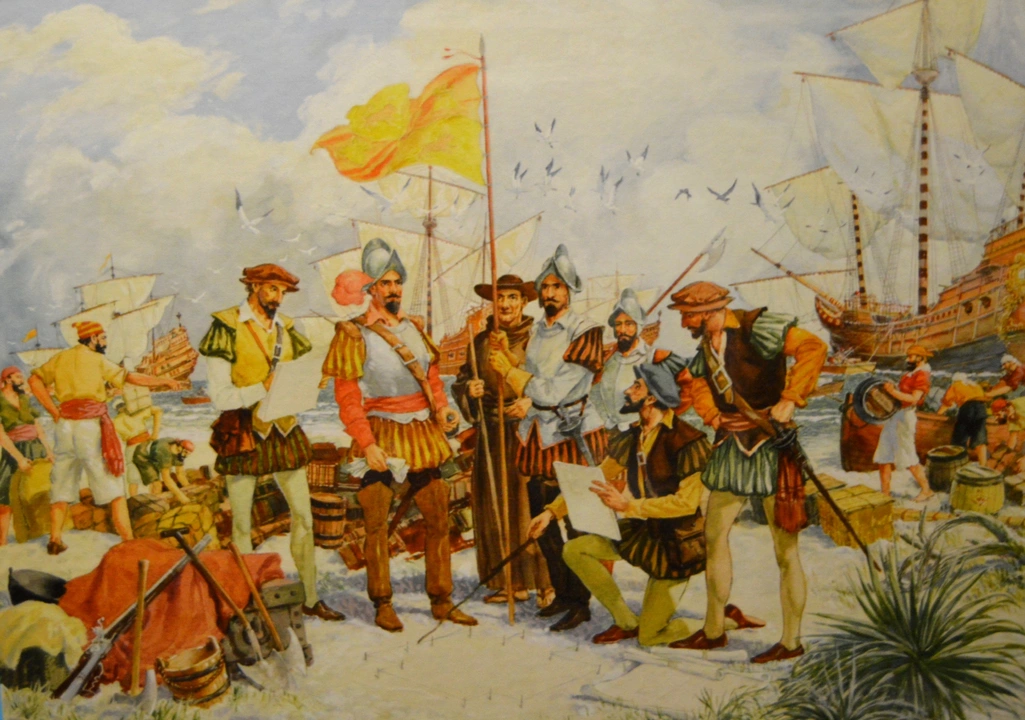Colonization: What It Means and Why It Still Matters
When you hear the word "colonization" you probably picture ships, maps, and distant lands. At its core, colonization is the process where one country takes control of another territory, often forcing its own rules, culture, and economy onto the local people. It’s not just a chapter in a history book – the ripple effects show up in politics, language, and everyday life even today.
Most colonizing powers started their expansion in the 15th‑century Age of Exploration. They claimed new lands under the excuse of "civilizing" the locals, but the real aim was wealth – spices, gold, and cheap labor. The conquered regions were turned into sources of raw material while the colonizers kept the profits. This unequal setup created power imbalances that still shape global trade and migration patterns.
Key Moments in Colonization History
Some of the biggest colonization waves include:
- Spanish and Portuguese Empires: They swept across the Americas, Africa, and parts of Asia, spreading language, religion, and new food crops.
- British Empire: At its height, it covered about a quarter of the world’s land. From India to Australia, British rule left behind legal systems, railways, and the English language.
- French Empire: France focused on Africa and Southeast Asia, leaving a legacy of French law, education, and cuisine.
- Dutch and Belgian ventures: They built trade outposts in Indonesia and the Congo, often using brutal force to extract resources.
Each of these empires used a mix of military force, treaties, and cultural pressure to secure control. The methods varied, but the goal was the same: profit and power.
Lasting Effects and Modern Lessons
Colonization didn’t just end when the colonizers left. It set up borders that ignored ethnic lines, leading to conflicts that still flare up in places like the Middle East and Africa. Languages introduced by colonizers become official tongues, shaping education and business. Economic structures often remain dependent on exporting raw goods rather than developing diverse industries.
Understanding colonization helps us see why some countries face poverty while former colonizers stay rich. It also explains why cultural festivals, food, and music mix elements from both the colonized and the colonizer. Recognizing these patterns can guide more equitable policies, like fair trade agreements or reparations discussions.
If you’re looking at today’s world, ask yourself: How do historical power moves affect current trade deals? Why do some nations still use a language that was imposed centuries ago? By connecting the dots, you can better navigate global news and make sense of international relationships.
In short, colonization is more than a distant past event. It’s a living part of how our world is organized, how we speak, and how economies function. Knowing its basics gives you a clearer view of why things are the way they are and what steps we might take to create a fairer future.
Why did the Spanish build missions in California?

